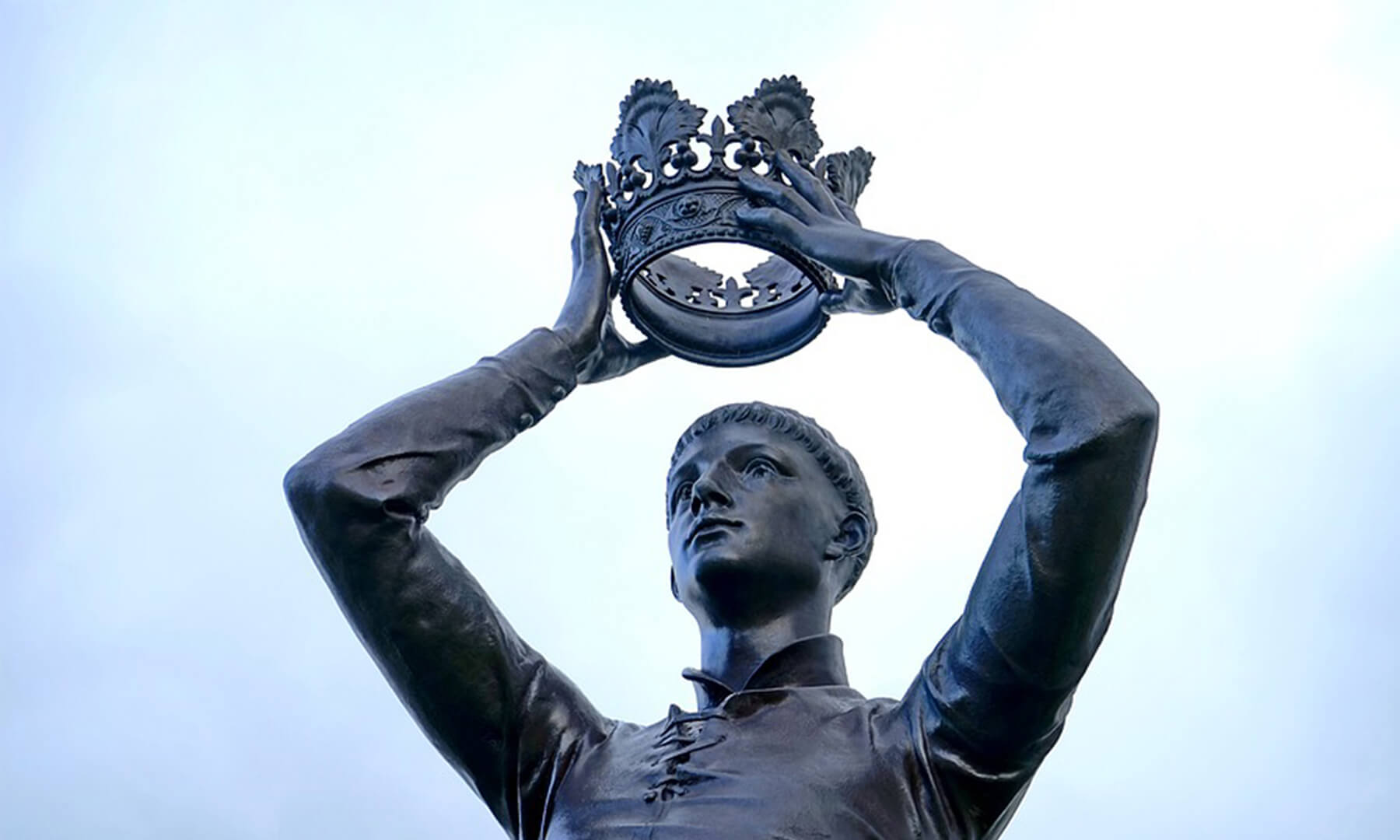News & Events

“He was not of an age, but for all time!”
Ben Jonson (1573-1637), Preface to the First Folio
Shakespeare’s works have had untold influence on our society and culture. Not only were Shakespeare’s plays and writings hugely influential in his own time, they continue to influence us today – 400 years after his death. Indeed, when Ben Jonson wrote the words quoted above in his poem, To the Memory of My Beloved the Author, Mr. William Shakespeare, it is unlikely that he knew quite how true his words would prove to be!
Every person in the UK will, during their time at school, have read and studied at least one – though likely a few – of Shakespeare’s play. Accordingly, the language and plots of Shakespeare are embedded into our national psyche. Evidence of this can be found in our everyday speech: phrases like “the game is up”; “as luck would have it”; “break the ice”; “heart of gold”; and “in a pickle” all have their roots in Shakespeare’s plays.
And the Bard’s words are seeded in the titles and plots of more recent literature. Think Aldous Huxley’s dystopian Brave New World by (The Tempest) or Patricia Highsmith’s psychological thriller, The Talented Mr Ripley. In cinema and television, references to and adaptions of Shakespeare’s works abound: Ten Things I Hate About You is based on The Taming of the Shrew; Kevin Spacey’s character, Frank Underwood, in House of Cards, owes much to Richard III; and Disney classic, The Lion King, is based on the story of Hamlet.
Even Shakespeare’s name has become an adjective independent of his works: "Shakespearean" can be applied to events, people, and emotions, meaning great, tragic, or resonant. Indeed, the media often use phrases like, “a Shakespearean dilemma” or “a tragedy of Shakespearean proportions”.
Art, literature, drama, dance and media are all littered with references to the Bard.
Yet, despite his influence, we know comparatively little about William Shakespeare: whilst much is known about the Elizabethan period, much has also been lost. The excavation of the Curtain Theatre - a historic and long-buried historical landmark - has provided rare insight into Shakespeare’s world and the theatrical performances of the 16th and 17th centuries. The findings from the dig, including a ceramic bird whistle and money box fragments, and the progressive excavation of the theatre and its structure have revealed much to historians and archaeologists about Elizabethan culture. So, whilst Shakespeare’s influence is felt across the globe, it is not yet exhausted - and the excavation of the Curtain Theatre reveals just how much we still have yet to discover!